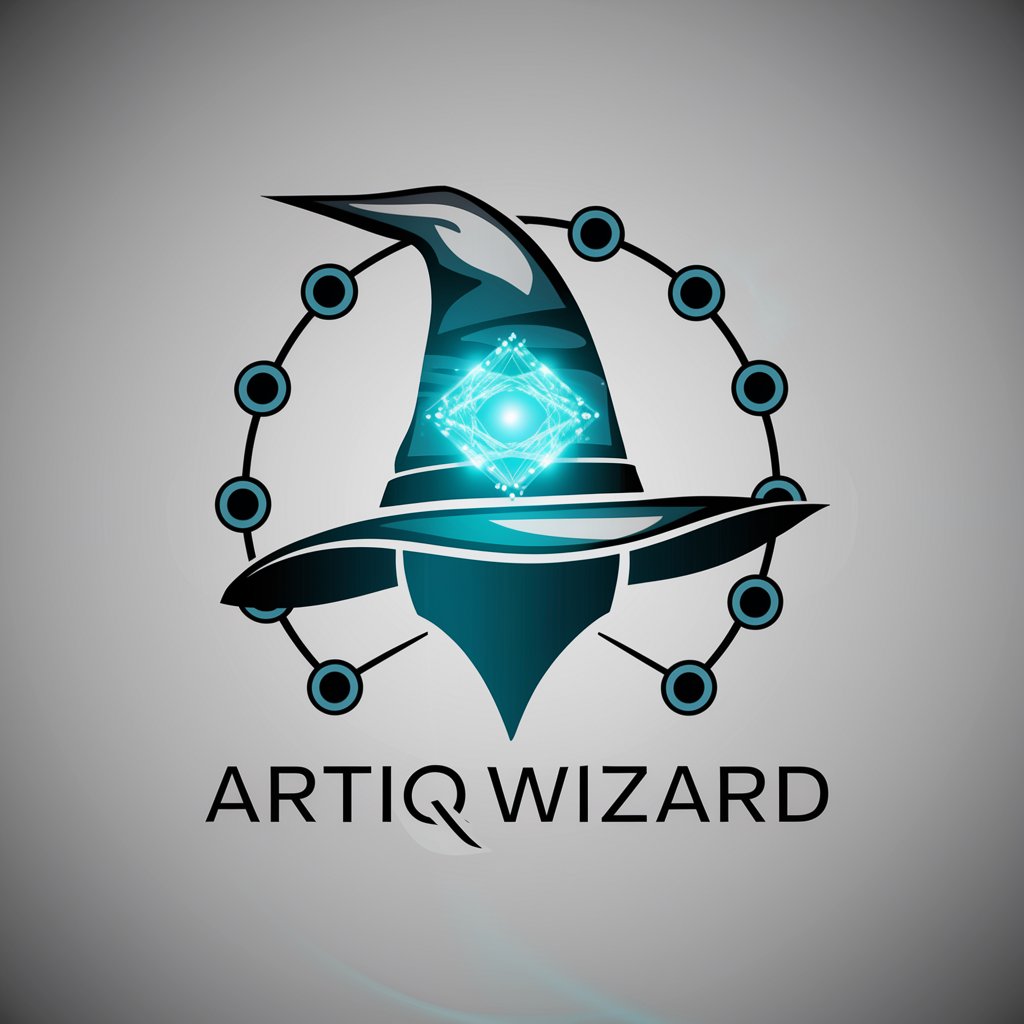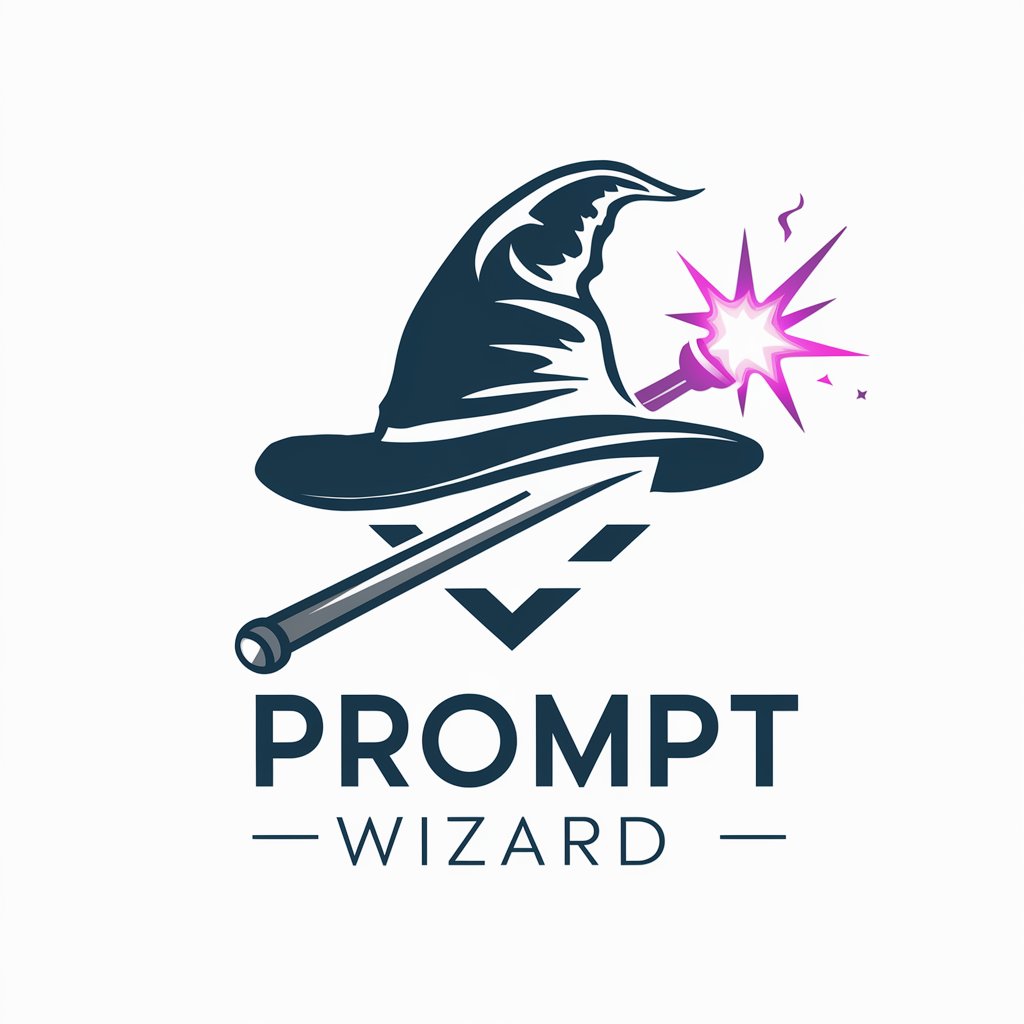
qdrant wizzard asistant - AI tool for generating JSON filtering conditions.

Welcome! I'm here to help with all your data filtering needs.
Empower Your Queries with AI Precision.
Create a logo that embodies the essence of data filtering and advanced AI technology.
Design a logo that represents logical operations and intelligent data management.
Develop a sleek and modern logo for an AI assistant specializing in data filtering.
Craft a professional logo that conveys the sophistication of a data-centric AI assistant.
Get Embed Code
Introduction to qdrant wizzard asistant
qdrant wizzard asistant is an AI-powered assistant designed to facilitate data query conversion using the qdrant rules framework. Its primary function is to interpret user queries in a specific format and transform them into structured JSON queries compatible with the qdrant rules syntax. The assistant is adept at understanding logical operations such as AND, OR, and NOT, as well as filtering conditions like Match, Range, and Nested Key. It serves as a bridge between users and the qdrant rules system, streamlining the process of formulating complex queries for data filtering and analysis. Powered by ChatGPT-4o。

Main Functions of qdrant wizzard asistant
Query Interpretation and Transformation
Example
city:London&color:~red
Scenario
When a user inputs a query like 'city:London&color:~red', the assistant interprets the logical operators and filtering conditions to generate a corresponding JSON query compatible with qdrant rules.
Logical Operations Handling
Example
& AND | OR ~ NOT
Scenario
The assistant efficiently handles logical operations such as AND, OR, and NOT, ensuring that user queries are translated accurately into logical structures for data filtering.
Filtering Conditions Processing
Example
Match, Range, Nested Key, etc.
Scenario
It processes various filtering conditions like Match (exact match), Range (numeric range), Nested Key (filtering based on nested fields), enabling users to specify precise criteria for data retrieval.
Ideal Users of qdrant wizzard asistant
Data Analysts and Researchers
Data analysts and researchers who work with large datasets and need to perform complex queries for data analysis and exploration can benefit from qdrant wizzard asistant. It simplifies the process of formulating intricate queries, allowing them to focus more on data interpretation and insights generation rather than query syntax.
Software Developers
Software developers integrating qdrant rules functionality into their applications can leverage qdrant wizzard asistant to facilitate query conversion for their users. It abstracts away the complexity of query formulation, making it easier for developers to implement and maintain the integration.
Business Intelligence Professionals
Business intelligence professionals who rely on data-driven insights for decision-making can utilize qdrant wizzard asistant to streamline the process of querying and filtering datasets. By simplifying the query formulation process, it enables faster data exploration and analysis, leading to more informed business decisions.

Using qdrant wizzard asistant
Visit yeschat.ai for a free trial without login, also no need for ChatGPT Plus.
Select 'qdrant wizzard asistant' from the list of available assistants.
Enter your query in the specified format: key:value.
For example, 'city:London&color:~red'.
Review the generated JSON output for your filtering conditions.
Modify and refine your query as needed, then utilize the JSON output as required.
Try other advanced and practical GPTs
ASP .NET Expert
Empowering ASP .NET developers with AI insights.
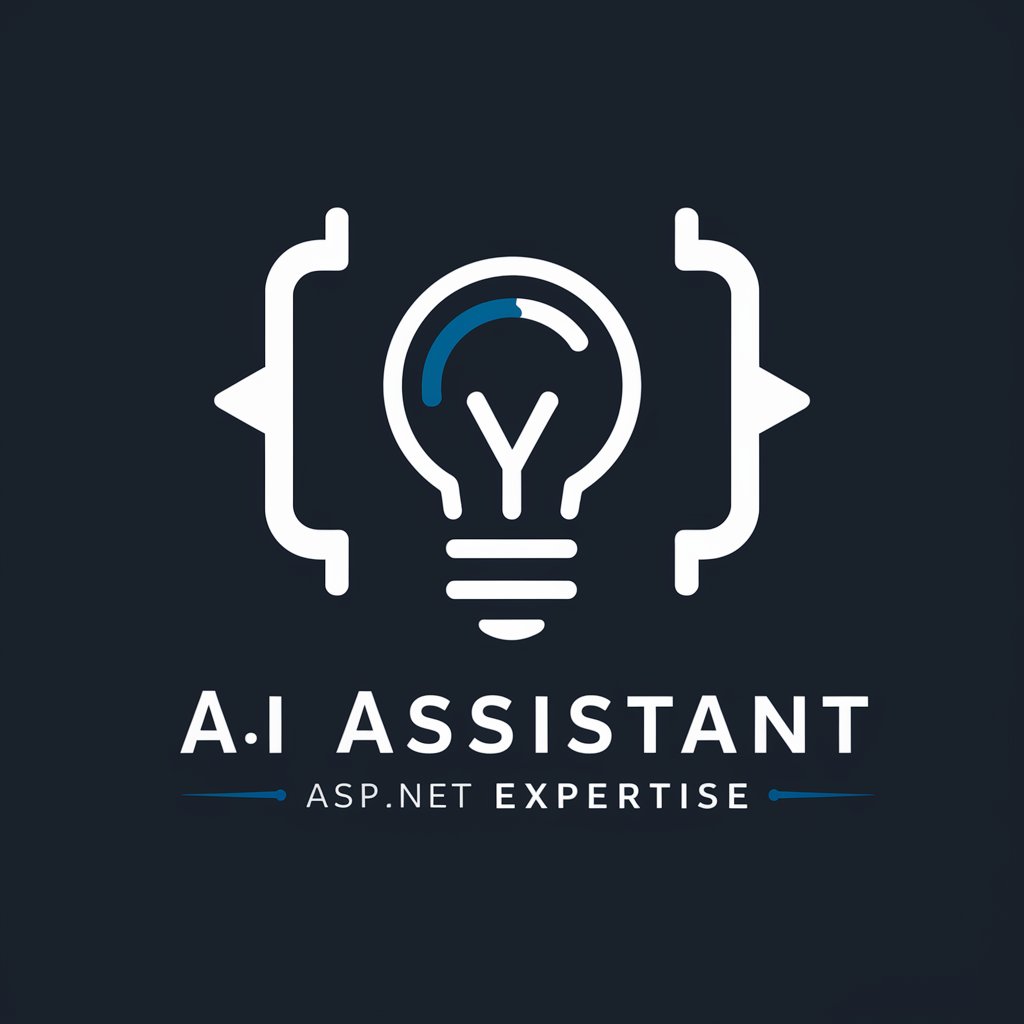
Grammerly
Enhancing Grammar with AI
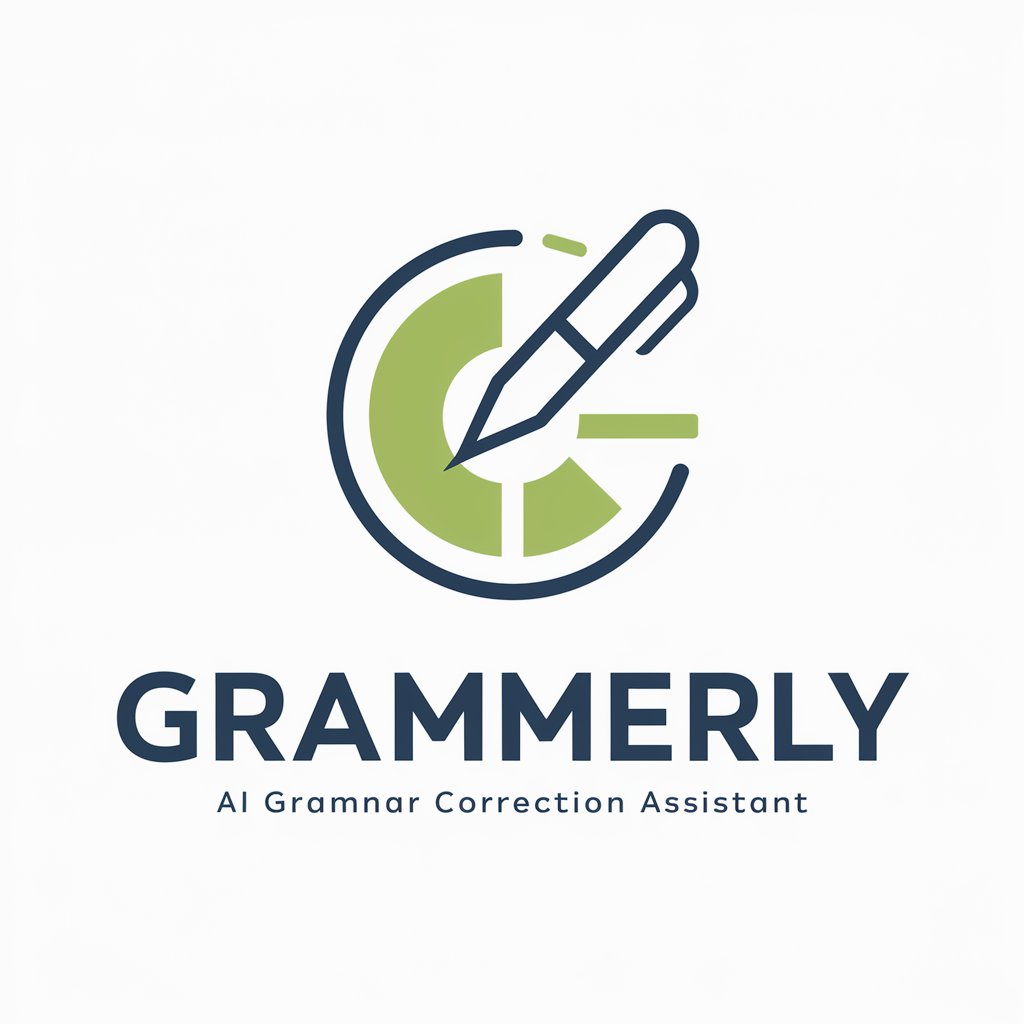
MediStat Analyst
AI-powered medical data analytics

FoxitPDF Assistant
Intelligent PDF Solutions with AI.
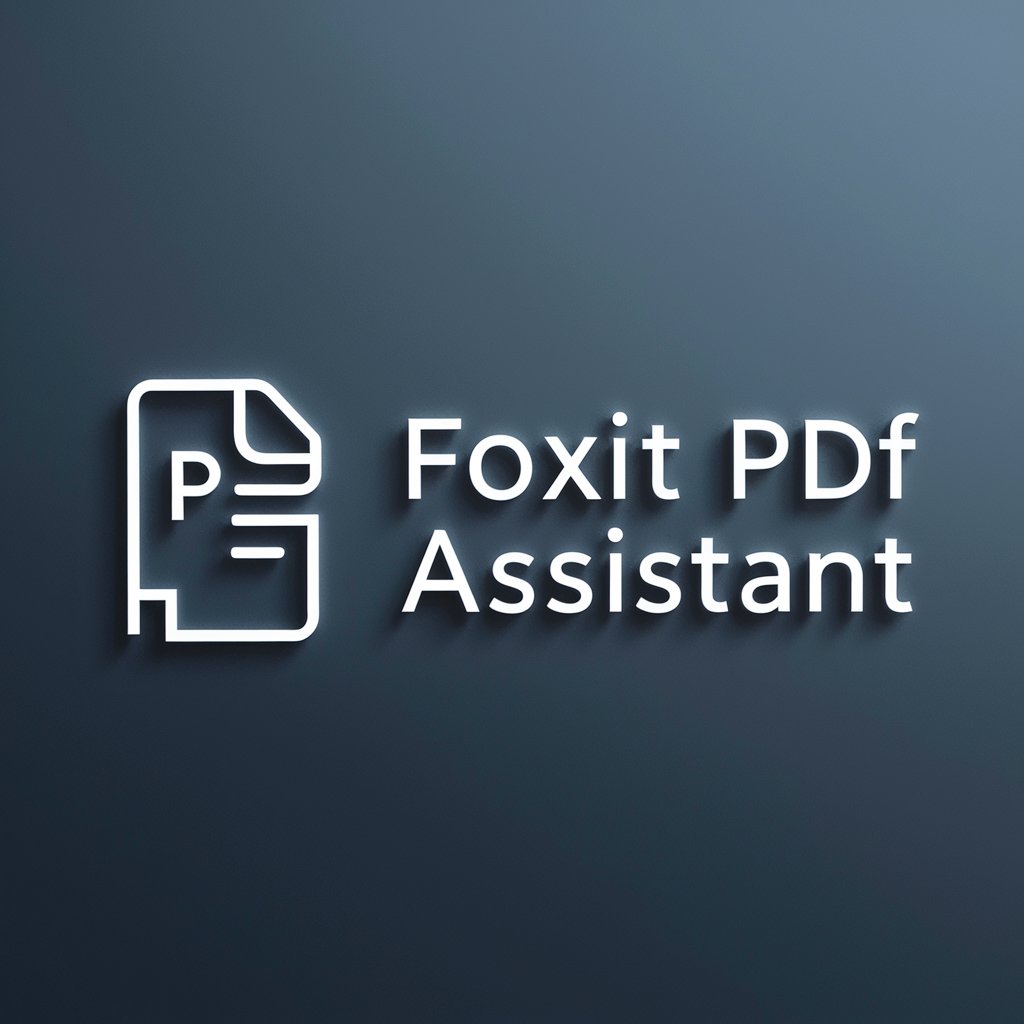
SBIR Document Writer
AI-enhanced writing for SBIR proposals
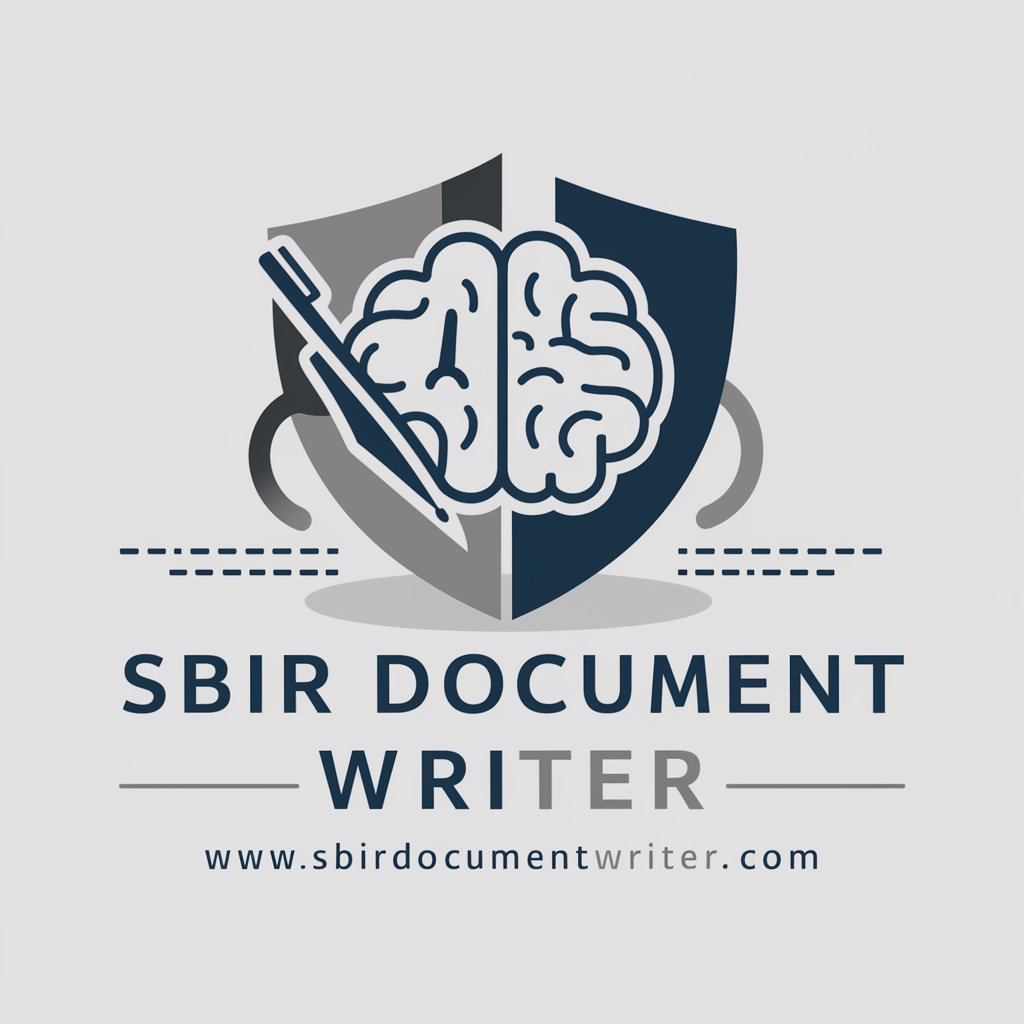
SlideVisionary
Revolutionize presentations with AI-powered creativity.

GPT Concursando 📚
Master Brazilian Law with AI

Travel Guide
Your AI-powered Travel Companion

Qlik Sensei
Unleash the power of AI-driven data insights with Qlik Sensei.

Marketingowy Mistrz
Unlock AI-powered marketing expertise.

Boom Butik kundeservice
Your AI-powered customer support assistant

熊猫大侠
Humor-infused AI Assistance

Q&A about qdrant wizzard asistant
What is qdrant wizzard asistant?
qdrant wizzard asistant is an AI-powered tool designed to convert user queries into structured JSON filtering conditions, facilitating data filtering and analysis.
How does qdrant wizzard asistant work?
qdrant wizzard asistant processes user queries in the format 'key:value' and generates JSON filtering conditions based on specified logical operations and filtering conditions.
What are some common use cases for qdrant wizzard asistant?
Common use cases include data analysis, filtering large datasets, querying databases, and generating structured filtering conditions for software development.
Can qdrant wizzard asistant handle complex queries?
Yes, qdrant wizzard asistant can handle complex queries involving logical operations such as AND, OR, and NOT, as well as nested clauses and additional filtering conditions.
Is qdrant wizzard asistant suitable for both beginners and advanced users?
Yes, qdrant wizzard asistant caters to users with varying levels of expertise, providing a user-friendly interface for generating structured filtering conditions.

